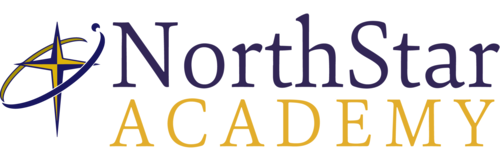Summary of Course Content and Activities
Science 10 is a brief look into 4 sciences: chemistry, biology, physics and earth science.
Activities include: reading, practice problems, quizzes, tests and virtual labs.
Philosophy statement for teaching this course
Science 10 provides the foundation in science that creates opportunities for them to pursue progressively higher levels of study, prepares them for science-related occupations. Students are introduced to the physical, biological, and chemical components of science. Science 10 provides students with opportunities to explore, analyze and appreciate the interrelationships among science, technology, society and the environment, and to develop understandings that will affect their personal lives, their careers and their futures.
Prerequisites
A mark of 50% or better in Science 9
Materials and Resources
Provided by NSA
- Addison Wesley Science 10 by Pearson
Purchased by Students
- A scientific calculator is required for this course.
- notebook for pencil and paper assignments.
Forecasted amount of time required to complete each week's lesson
7-8 hours per week
Description of student evaluations, quizzes and tests.
- For each unit Assignments 60%
- Quizzes 10%
- Tests 30%
The units are worth 70% of your final mark and the Final Exam is 30%
